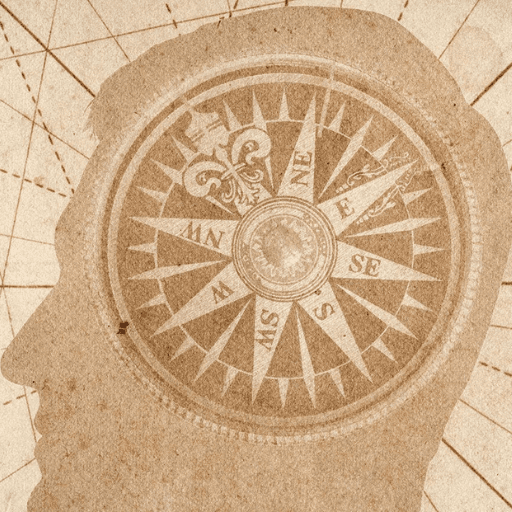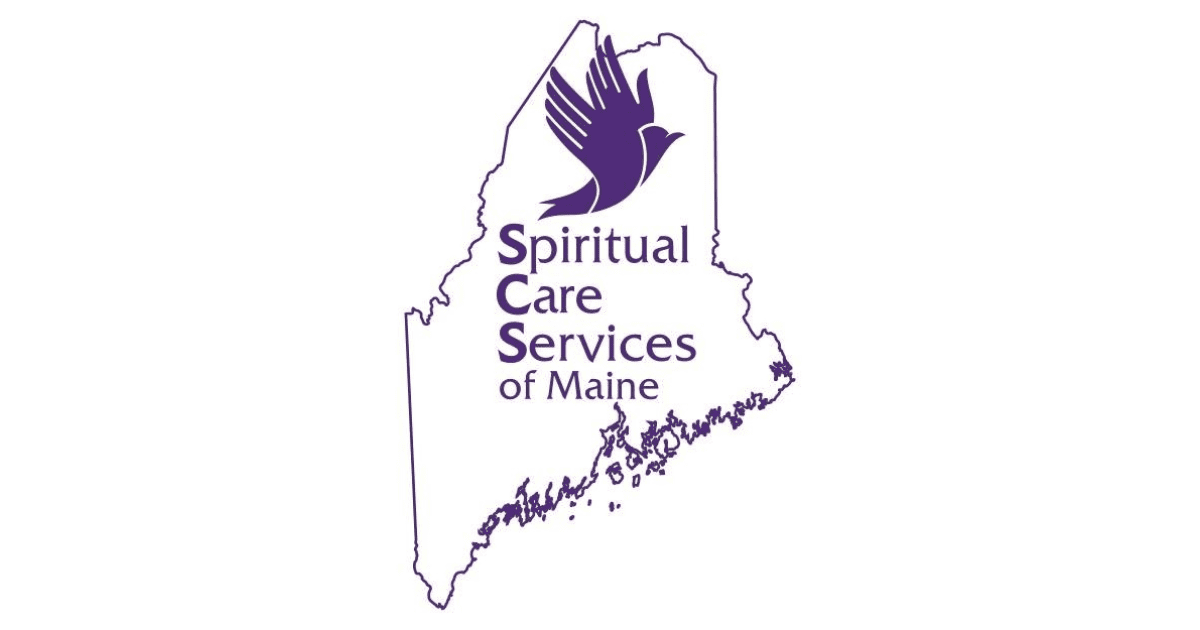Moral suffering is considered distress or anguish experienced when we act in conflict with our morals and values.
We suffer morally because we have integrity and a conscience; it hurts when integrity and conscience are violated by others or ourselves. If it hurts or we feel bad, it’s because we have morals and values, and they’re being challenged.
Moral Suffering
Moral suffering is experienced on a spectrum, from moral distress to moral apathy.
Moral distress is when we’re aware of a moral problem and can determine a remedy, but are unable to act on it because of internal or external constraints. This is usually short-lived and easily resolved.
Moral injury can occur when someone engages in, fails to prevent, or witnesses acts that conflict with their values or beliefs.
Moral outrage is associated with strong feelings of shame and guilt. It often takes a long time to heal and is a response of anger in relation to a perceived moral violation. It is characterized by energy-draining frustration, anger, disgust and a sense of powerlessness.
Finally, moral apathy occurs when “our denial, lack of caring, or willful ignorance make it possible for us to ignore or wall ourselves off from the suffering of others.”
Author James Baldwin called moral apathy “the death of the heart.”
Everyone experiences moral distress. From letting someone down to breaking a promise to watching someone make self-harming choices to shutting down completely from cycles of trauma, these are just some examples of what moral distress looks like. Moral distress significantly impacts sense of worth, decision-making and overall well-being.
Moral Resilience
Moral resilience is the capacity of an individual to sustain or restore their integrity in response to moral complexity, confusion, distress or setbacks. Moral resilience is categorized by integrity, ability to bounce back, make healthy decisions and take good care of ourselves. Everyone can develop and nurture moral resilience.
Strategies for boosting moral resilience include:
• Reflecting on own core values
• Developing a meditation practice
• Seeking peer support
• Fostering healthy relationships and connections
• Practicing taking a pause
• Cultivating an open mindset
• Engaging in self-care
Moral resilience can always be cultivated, and the source of the suffering must also be addressed. It’s important to process the unresolved trauma, whatever that looks like in our lives, too.
Everyone has a sense of what matters most. Creating simple practices to remember and reconnect to ourselves gives us the ability to develop and sustain wellness.
Spiritual Care Services of Maine provides professional, confidential, compassionate spiritual care to individuals, groups and organizations with today’s religious and spiritual landscape in mind. We offer remote support via a 7 day per week chaplain referral system. We are here when you need us.




